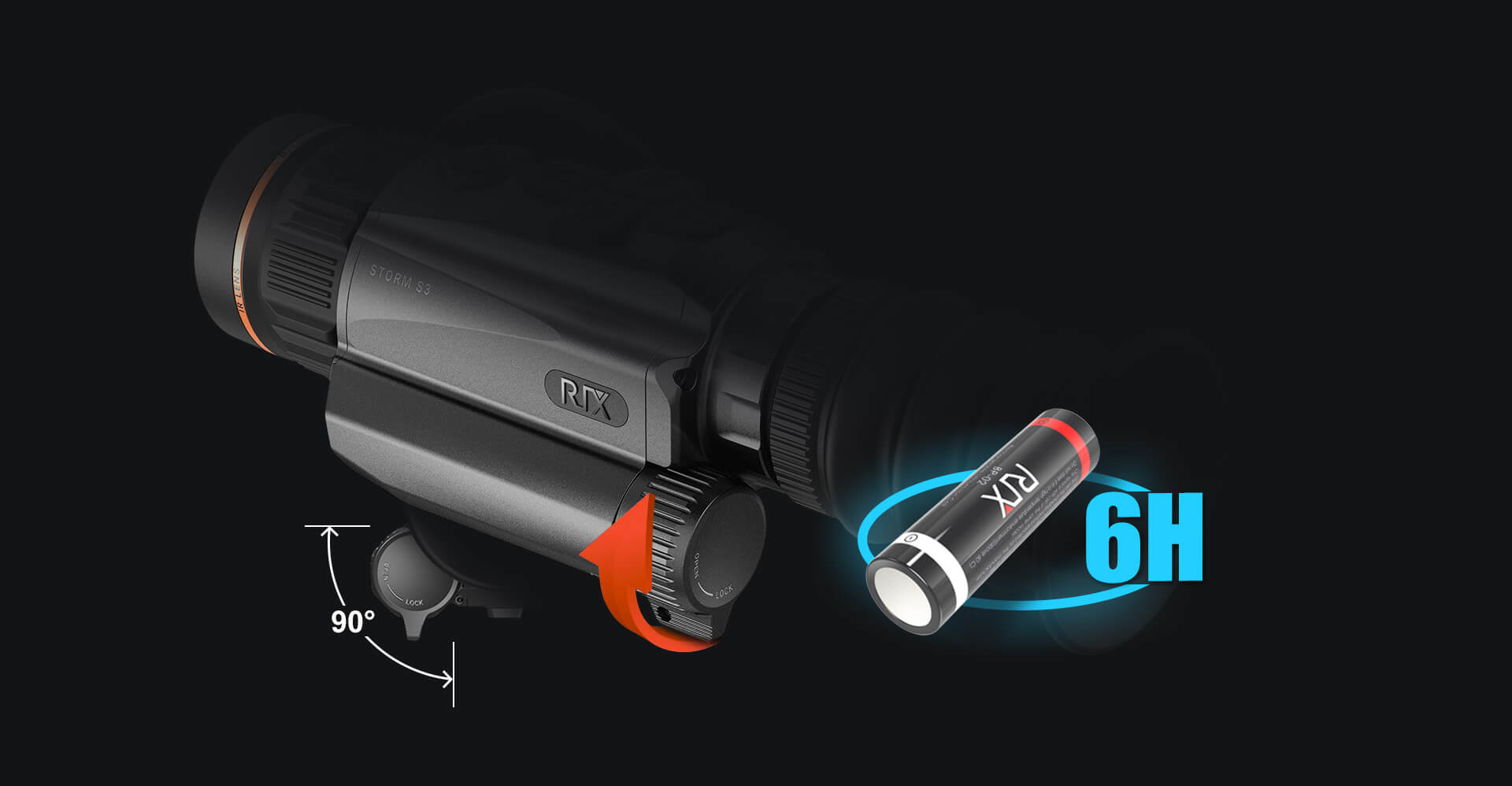In the ever-evolving landscape of security technology, thermal imaging has emerged as a pivotal tool. The latest advancements in thermal imaging technology for security purposes have significantly enhanced our ability to detect and respond to threats, ensuring a safer environment for all. This article delves into the cutting-edge developments in this field, offering a comprehensive overview of how these innovations are shaping the future of security.

Enhanced Resolution and Image Quality
One of the most notable advancements in thermal imaging technology for security purposes is the improvement in resolution and image quality. Modern thermal cameras now offer higher resolution, allowing for more detailed and accurate imaging. This enhancement is crucial for security applications, as it enables the identification of smaller and more distant objects, which was previously challenging with older technology.
For instance, high-resolution thermal cameras can now detect minute temperature differences, providing clearer images even in complete darkness or through smoke and fog. This capability is particularly beneficial for surveillance in critical infrastructure, border security, and search and rescue operations.
Integration with Artificial Intelligence
The integration of artificial intelligence (AI) with thermal imaging technology has revolutionized security systems. AI algorithms can analyze thermal images in real-time, identifying potential threats and anomalies with remarkable accuracy. This synergy between AI and thermal imaging enhances the efficiency of security operations by reducing false alarms and enabling quicker response times.
For example, AI-powered thermal cameras can distinguish between humans and animals, ensuring that security personnel are alerted only to genuine threats. Additionally, these systems can learn and adapt over time, improving their accuracy and reliability.
Portable and Wearable Thermal Imaging Devices
Another significant advancement in thermal imaging technology for security purposes is the development of portable and wearable devices. These compact and lightweight thermal cameras can be easily carried or worn by security personnel, providing them with real-time thermal imaging capabilities on the go.
Such devices are invaluable in various scenarios, including patrolling large areas, conducting covert operations, and performing search and rescue missions. The portability of these devices ensures that security personnel can maintain situational awareness and respond swiftly to emerging threats.
Integration with Drones and Robotics
The integration of thermal imaging technology with drones and robotics has opened new horizons for security applications. Drones equipped with thermal cameras can cover vast areas quickly and efficiently, providing aerial surveillance and monitoring in real-time. This capability is particularly useful for border security, disaster response, and large-scale event monitoring.
Similarly, robots equipped with thermal imaging sensors can navigate hazardous environments, such as chemical spills or fire scenes, where human presence would be risky. These robots can relay thermal images to operators, enabling them to make informed decisions and take appropriate actions.
Conclusion
The latest advancements in thermal imaging technology for security purposes have significantly enhanced our ability to detect and respond to threats. From improved resolution and AI integration to portable devices and drone applications, these innovations are transforming the security landscape. As technology continues to evolve, we can expect even more sophisticated and effective thermal imaging solutions to emerge, further bolstering our security capabilities.
By staying abreast of these developments, security professionals can leverage the full potential of thermal imaging technology to protect people, property, and critical infrastructure. The future of security is undoubtedly bright, thanks to the continuous advancements in thermal imaging technology.







